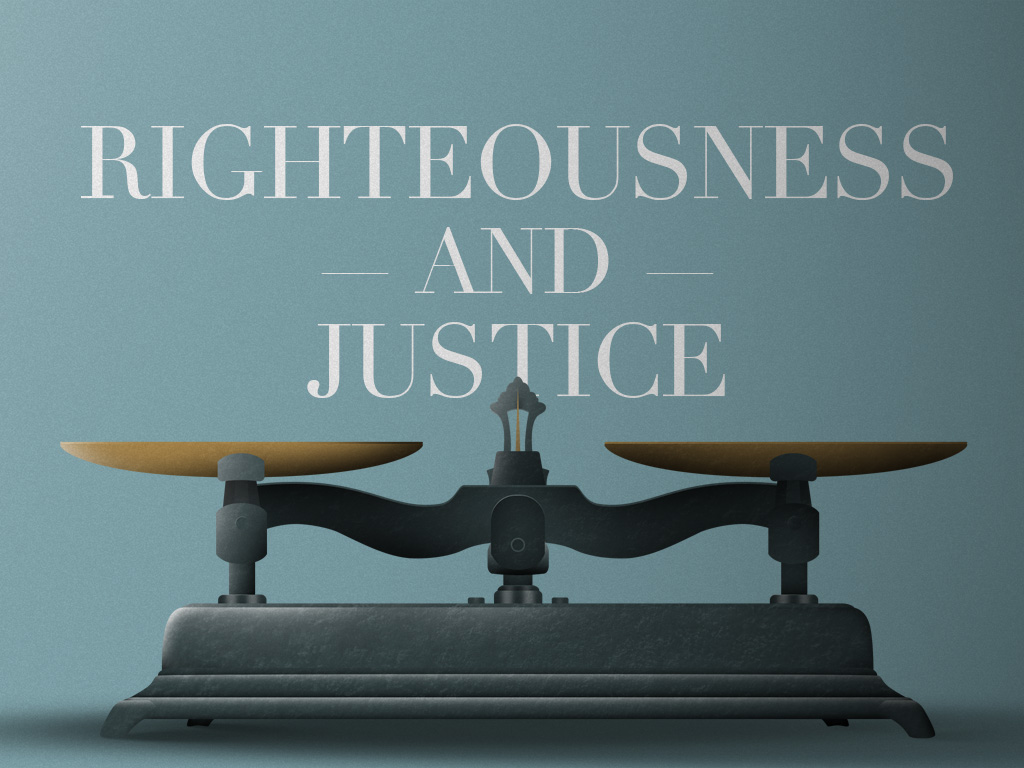In the intricate tapestry of Bahá’í teachings, the concepts of justice and righteousness command considerable attention and serve as foundational pillars guiding both individual conduct and societal advancement. They are often perceived as closely intertwined; however, a nuanced understanding reveals their distinct roles and implications within the Bahá’í framework. In exploring the disparities between justice and righteousness, one discovers the profound wisdom embedded in these teachings and their potential to catalyze social transformation.
Justice, within the Bahá’í context, emerges as a paramount principle that transcends mere legalistic interpretations. It embodies the notion of impartiality and fairness, urging individuals and communities to establish systems that promote equity and universal well-being. At its core, justice is understood as the application of wisdom to the exercise of authority and the adjudication of disputes. In the Bahá’í writings, justice is frequently referenced as a necessary precondition for peace and unity among diverse peoples.
Conversely, righteousness delves into the moral and ethical dimensions of human conduct. It is the embodiment of virtuous behavior and the conscious choice to align one’s actions with the higher principles of truth, integrity, and compassion. While justice focuses on external structures and societal systems, righteousness emphasizes the inner character and moral rectitude of individuals. A righteous person, in the Bahá’í view, is one who cultivates virtuous attributes that not only enhance their own spiritual growth but also reflect positively upon the communities in which they live.
The expedient clarity in distinguishing between justice and righteousness allows individuals to navigate complex moral landscapes effectively. One may advocate for justice in societal structures—such as fair laws and equitable governance—while simultaneously striving to embody righteousness in personal dealings with others. This duality creates a more harmonious society, wherein systemic justice nurtures an environment conducive to the flourishing of righteous individuals.
Moreover, the Bahá’í teachings on justice extend into the realms of social and economic equity. The principle of justice necessitates the elimination of prejudice, as all human beings are regarded as equal members of one global family, deserving of dignity and respect. The Bahá’í writings implore followers to consider the implications of injustice and inequality deeply. The institutional and societal structures must ensure that all voices are heard, and that decisions reflect a collective conscience rather than the dominance of any particular group.
In the context of righteousness, the Bahá’í Faith calls upon its adherents to embrace virtuous traits, such as honesty, humility, and compassion. These qualities foster a deeper connection with others, generating an atmosphere of trust and camaraderie. Righteousness encourages individuals to act in ways that are not only beneficial to themselves but also contribute to the welfare of the broader community. Therefore, one might argue that righteousness serves as the bedrock upon which justice is built, creating a symbiotic relationship where each reinforces the other.
Furthermore, spirituality plays a paramount role in elucidating the differences between justice and righteousness. The Bahá’í teachings emphasize that both principles are imbued with divine attributes, urging individuals to reflect on how their spiritual beliefs shape their understanding of morality. Justice, being an expression of God’s inherent fairness, compels followers to pursue social justice vigorously. Righteousness, conversely, is an emanation of divine love, urging individuals to cultivate inner beauty and benevolence.
As adherents of the Bahá’í Faith endeavor to live out these principles, they are often called to confront societal injustices and advocate for change. This pursuit requires not only a commitment to justice in its broad sense but also a steadfast adherence to personal righteousness. The ability to hold these dualities—seeking justice while embodying righteousness—cultivates a profound sense of responsibility and commitment to the well-being of humanity at large.
The Bahá’í teachings further illustrate the interdependence of justice and righteousness in the establishment of peace. The pursuit of justice can be viewed as a societal imperative, while righteousness serves as a personal compass guiding individual conduct. The interplay between these ideals suggests a model for ethical decision-making that prioritizes both systemic reform and personal integrity.
It is worth noting that the Bahá’í emphasis on justice and righteousness also demands an acknowledgment of the dynamic interactions between the individual and the collective. As individuals strive for personal righteousness, they contribute to the cultivation of a more just society. Simultaneously, as societies endeavor toward justice, they create environments that nurture the spiritual and moral development of their members.
In conclusion, a thorough understanding of justice and righteousness as articulated in Bahá’í teachings reveals the intricate balance necessary for personal growth and societal evolution. Justice serves as an essential societal mechanism that ensures equity and fairness, while righteousness guides individual moral choices that reflect divine virtues. Together, they establish a rich and harmonious framework, promising the potential for profound transformation both within oneself and across the global community. Engaging with these concepts can inspire curiosity, urging followers to delve deeper into the implications of their beliefs and actions. As humanity collectively strives towards justice and righteousness, it sets the stage for the realization of a more peaceful and united world.
